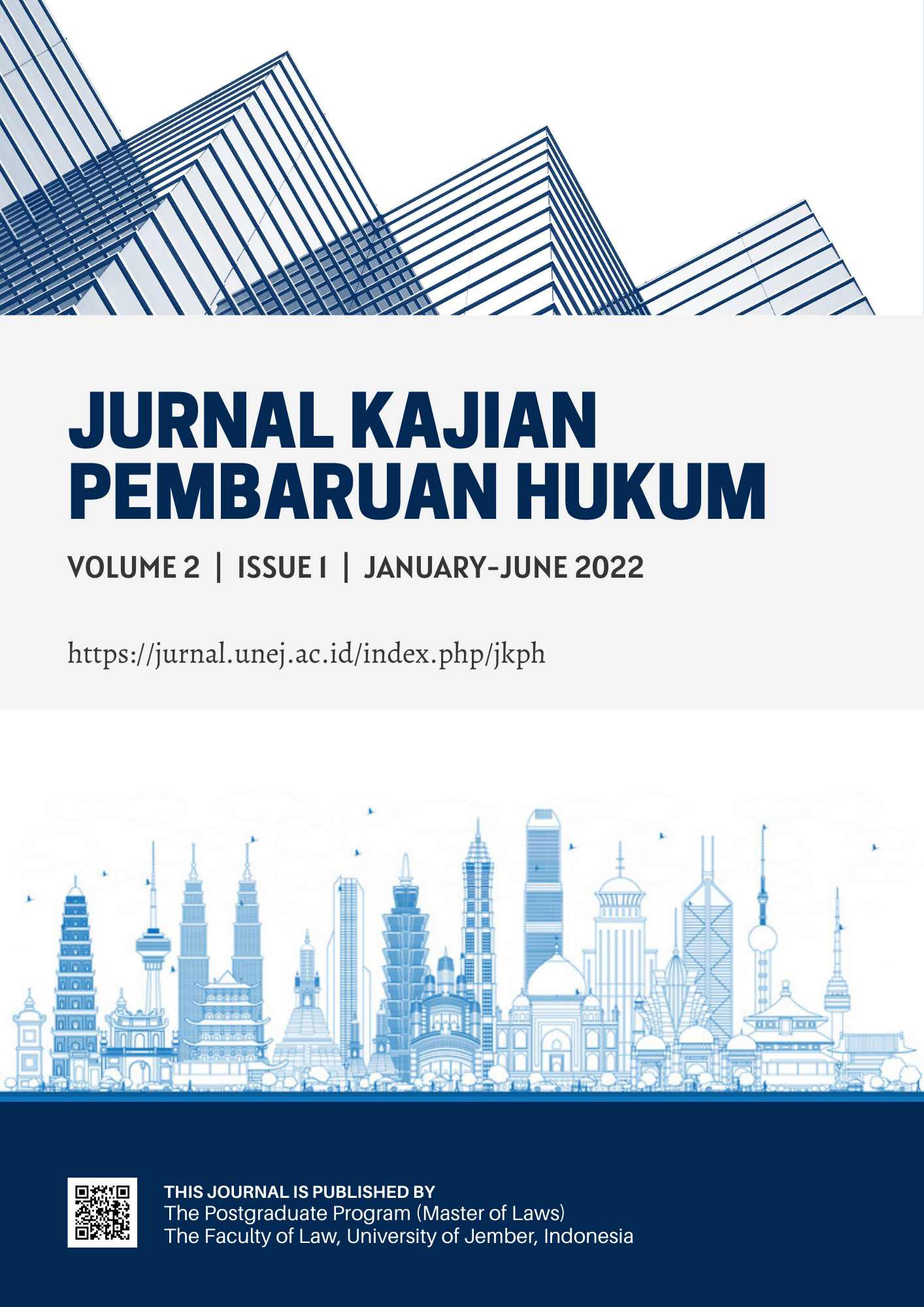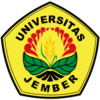Keberadaan Dewan Pengawas Komisi Pemberantasan Korupsi Pasca Revisi UU KPK
DOI:
https://doi.org/10.19184/jkph.v2i1.27842Abstract
ABSTRACT: Post-Suharto era has encouraged Indonesia to give birth to various new institutions, including the existence of the Corruption Eradication Commission (KPK). Over time, various elements that support the improvement of the performance of the KPK are formed through new norms contained in laws and regulations, including the existence of the KPK Supervisory Board (Dewas KPK). This study aims to examine and analyze the duties, authorities, and urgency of the KPK Council; while at the same time examining the potential of the KPK Council as an 'inhibitory' factor in eradicating corruption. This legal research uses a conceptual approach and legislation based on primary legal materials and secondary legal materials. The results of the study stated that although the existence of the KPK Council has the same duties as the judiciary, it actually encounters problems; because, the existing provisions give rise to inconsistencies regarding the position of the KPK Council. On the other hand, the urgency of the establishment of the KPK Council is one of the efforts to strengthen the supervision aspect of the KPK's performance in order to be able to avoid various risks of abuse of power. Furthermore, there are three factors that have the potential to become "inhibitory" factors in eradicating corruption after the existence of the KPK Council, including the obligation to wait for permits regarding the conduct of wiretapping, searches and confiscations; there is potential vulnerability to political intervention; the potential for slack in the performance of the KPK itself.
KEYWORDS: Corruption Eradication Commission, Supervisory Board, Law Number 19 of 2019.
Downloads
Downloads
Published
Issue
Section
License
Copyright (c) 2022 Jurnal Kajian Pembaruan Hukum

This work is licensed under a Creative Commons Attribution-ShareAlike 4.0 International License.







